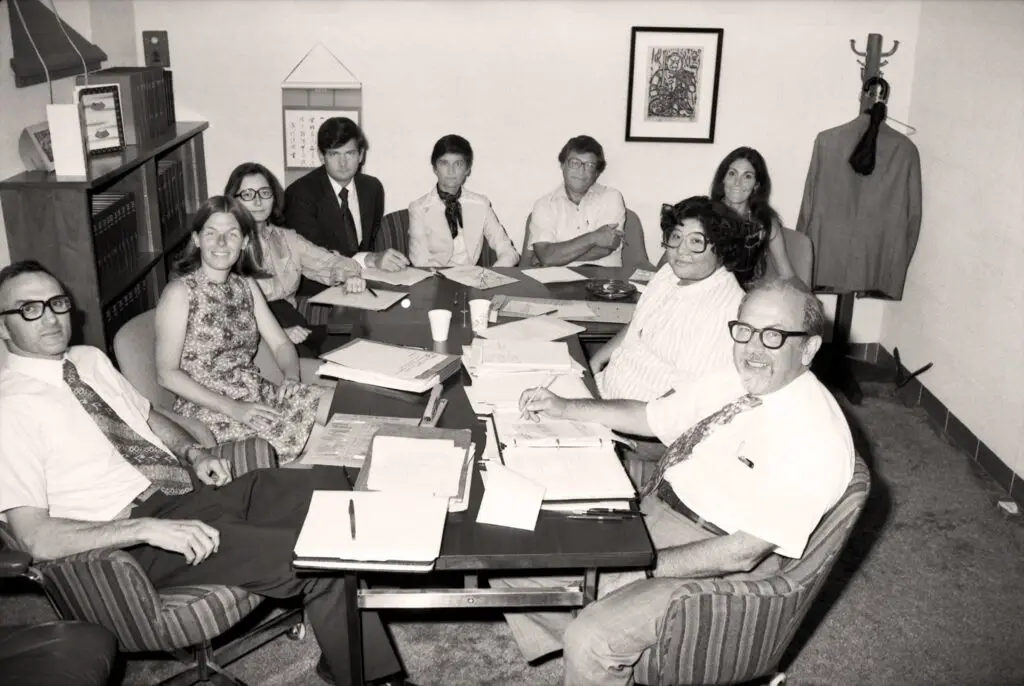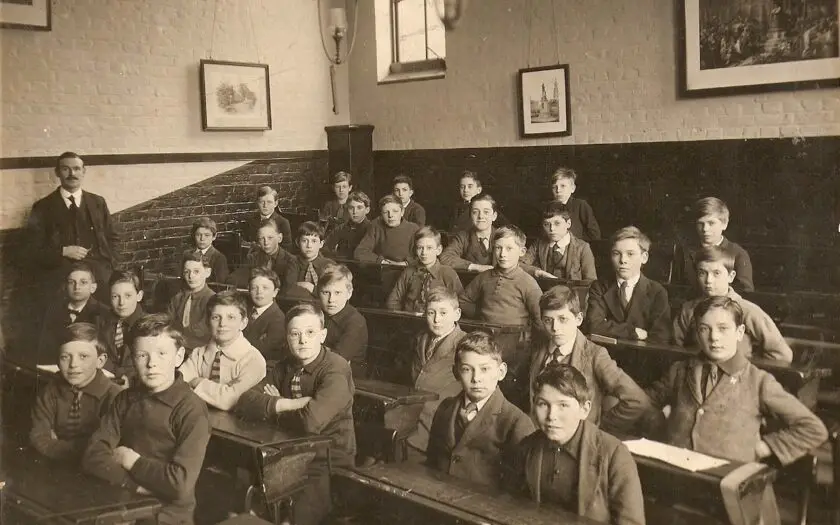A corporate trainer is a lot of things- a seller, teacher, marketing expert, business owner, and manager all in one. You have to know your craft inside and out, and know how to pass that knowledge on to others in the most efficient and effective way possible. With all that going on, one thing you should not have to keep worrying about it is your resume – we’re here to show you the essential corporate trainer resume skills.
Some qualities are indispensable in corporate training- communication skills and public speaking for example. On your resume, however, we advise you to go deeper and skip the commonplace skill list. Here are some ideas to enrich a corporate trainer’s resume.
Top 5 Skills For A Trainer Resume
Training Efficiency
Even though the training is about learning and growing, let’s be real. The employer is looking for ways to increase their profit. A good corporate trainer keeps that in mind. On your resume, make it clear you prioritize ROI for the company (Return On Investment). Making yourself look like an asset is the first step to get hired. Keeping a balance between the quality of the training experience and the day to day costs is a true skill.
Reading The Room
Often, the legitimate issue in a corporation differs from the one laid out by the employer. It is the responsibility of the trainer to read between the lines. That requires great interpersonal skills and true capacity for listening- you have to be both a teacher and a team player! On your resume, detail how you ask the right questions and design training materials to fit the problem. The employer will value your ability to comprehend the big picture.
Program Design
Do not leave your competence in designing specialized training programs unmentioned. Envisioning courses that fit the issue at hand and the learners’ profile is of utmost value. Highlight your style, and how you can develop and deliver exactly what the company needs. A lot of trainers are using games, virtual tools, and other modern approaches to better fit the style and work ethic of the modern office. Everyone learns differently, each company has a profile and every year brings a new trend. Great trainers can evaluate training methods and pick the right ones for the setting and the team members.
Flexibility
Even the best teachers have bad days. Sometimes, training sessions that looked fantastic on paper just don’t pay off. If you have a strong end goal in mind, you can change and adapt content and methodology in a heartbeat. A joke that worked for a customer service session might not work in a human resources format, so it is important to be able to adapt your training and development on the spot. Think back on past jobs or consultations you had and elaborate on a situation you had to think on your feet- any of these are great resume builders!
Assessment

A corporate trainer will inevitably have to assess their students. The employer wants to know you are capable of doing that meticulously, so make sure assessment is one of your resume objectives. How do you evaluate the learners? Is it through surveys or tests? Continuously throughout the course? Do you create specific assessment tools for each course? It is advisable to be thorough about this on your resume. Every employer wants, after all, to see and understand results.
Resume Structure
The more skilled the job, the better the resume has to be. A poorly designed CV will not stand well in the eyes of a serious business owner looking for a trainer. We are here to give you some ideas to write a fresh, professional and influential resume.
Start Well
All resumes should start with a short paragraph about the candidate. This is the place to summarize your expertise and to grab their attention quickly! If you only have time to personalize one part of your CV, this is the one. Choose your accomplishments based on the needs of the job. Highlight your skills to match the company type and job posting. This will make a difference between a simple glance on the rest of the CV or an interesting read.
Drop The Skill List
Do you know the traditional skill list that most resume samples carry? While we are not completely against them, it has been proved that the standard ones aren’t super effective. Yes, the employer wants to know your skillset, but not a copy-paste version that they’ve seen a million times. Instead, weave relevant experience into the skill you are talking about.
Show, don’t tell. Are you a constant learner? Explain which courses you took in the past months. Do you have problem-solving abilities? Describe a problem you encountered on the job and how you handled it. That action alone will add a great deal of value to your resume.
Always Quantify
Additionally, boost your achievements with numbers whenever possible. Do not be shy – it is important to be realistic here, but don’t sell yourself short. Don’t be vague, if you coordinated a project with a large number of people, say how many. If the training you designed increased productivity among employees, find out how much. Remember to be clear, sometimes numbers only make sense when accompanied by context.
Use Action Verbs
The goal here is to paint a picture in the reader’s mind that you are perfect for the job. Action verbs make for a dynamic and positive resume. Some examples are monitored, mentored, pinpointed, computed, accelerated and simplified. Use them while describing jobs and projects – that also shows a range of vocabulary and adds flair to your CV.
Elaborate On Education
Your degree, courses, pieces of training, everything is important. There is nothing wrong with detailing achievements too, like papers and prizes. If you have experience actually teaching, make sure that it is evident on your resume. Teaching skills are easily transferable to these types of positions, and you can make a great teacher to corporate trainer resume.
Training people is about much more than just giving lectures. There are more skills involved than communication, as we pointed out in the beginning. Remind the employer of that by providing a rich corporate trainer resume with palpable results. Take your time, compose the sentences well and use a professional font – all of that will stand out.
As a final tip, we encourage you to apply for jobs you want and to push yourself. Sell yourself like you would sell a product, and make an indent on the employer’s mind from the start. Keep your resume to two pages maximum, and use a consistent tone all around. Happy job hunting!
Looking for more advice for making it in the education field? Check out these great articles:
